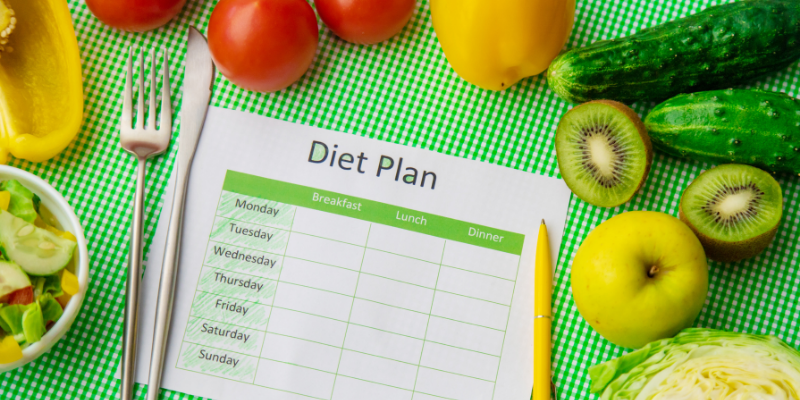Winter is here and staying healthy during winter really needs not to be a challenge. However, while winter is considered as the right time to include more spices in your diet, it is best to avoid some particular foods during this time.
What you eat has maximum impact on your health and hence getting your diet right is always the key to health. If you are not aware about the foods that are best to avoid during winter, read on to know about the foods that should be out of your shopping list this winter.
When it comes to vegetables and fruits, as a general hand rule, it is said that you should eat seasonal vegetables and fruits for best health.
Currently every vegetable and fruit is available in the market all the year round, but you should pick with caution to make sure that you and your family is eating what is right for your health. So, before you go to the market, checkout the list of the foods to avoid during winter,
Vegetables to avoid during winter
Asparagus

Asparagus is a healthy vegetable and it is available throughout the year. However, the asparagus you will get during winter are not of the best quality. You can get soft and best quality asparagus during spring only.
The Asparagus you will get in winter are more woody and they will also lack the taste. So, even if the stocked asparagus in the market give you a call to pick them up, resist yourself and instead of light green vegetables opt for the deep green ones this winter.
Bagged leafy vegetables
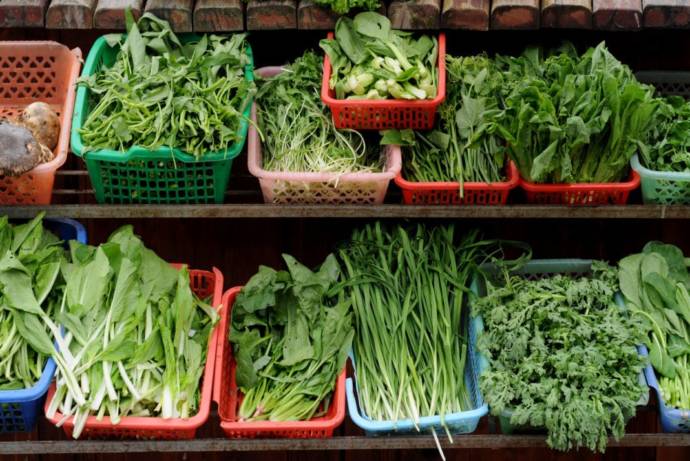
Deep green leafy vegetables are always a good pick for the winter. However, at the same time, picking the chopped and packed leafy vegetables from the supermarket is not certainly a good option.
According to studies, most of the packed leafy vegetables come added with some forms of preservatives to keep them fresh and they are not actually as fresh as they look to be.
So, by purchasing these bagged leafy vegetables you buy veggies with lower food value. Instead, during winter, you can easily buy fresh deep green leafy vegetables from the market and enjoy the best taste as well as the best health.
Fresh peas

Yes, we know that green peas are a favorite during winter but no matter how much a big fan of fresh peas you are you must have noticed that the fresh peas available during winter are not really tender or at the best of their taste.
Sweet and soft fresh green peas are available particularly during the spring. During winter the peas tend to get more starchy and less sweet. So, spending on fresh peas during winter is certainly not a very good choice.
Tomatoes

The tomatoes available during winter are more mushy in texture. Their juice content is significantly lower and also the taste is not the same either. The tomatoes tend to be thick skinned and are quite hard during winter, which makes them not such a good option for cooking.
You can get the best quality fresh tomatoes during late summer, when the heat has started to subside and the fruits are juicy and soft. If tomatoes are a staple in your dishes, better use canned late summer tomatoes during winter.
Fruits to avoid during winter
Strawberries

Fresh strawberries available in the market during winter have a comparatively pale skin color though they look the same otherwise.
The pale skin color of strawberries during winter signifies less phytonutrient content. Phytonutrients are the constituents that make strawberries actually healthy.
The strawberries of winter also lack Vitamin C, compared to the ones available during the summer. So, during winter it is best to avoid fresh strawberries and opt for the canned summer strawberries.
Blueberries

The Blue berries available during winter are not of the best quality. Though they might look fresh due to use of preservatives, they actually lose their freshness on the way to the market as usually blueberry production is much lower during winter.
The blueberries that you will find in the market during winter generally contain less vitamin C, compared to the summertime blueberries.
So, if your blueberry cravings are high during winter, it is better to opt for the frozen ones, instead of the fresh ones from the market. According to studies, best quality frozen blueberries are filled with antioxidants.
Corn on the cobs

The corn on the cobs available during full winter might look like a healthy, stomach filling option but in reality you will never get the same taste or the same nourishment from the corn on cobs available during winter.
During winter, corn tends to turn more starchy and the sweet taste is also gone. The corns available during winter are not usually local and hence the chance of getting fresh corn on the cobs is also less.
Other foods that you should avoid during winter
Dairy products
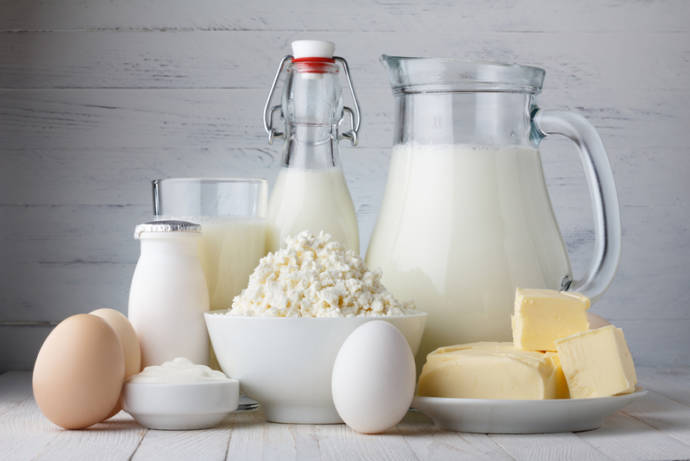
Dairy products, milk, cream, cheese or any other processed form of it is not certainly good for your respiratory system. Dairy products are often blamed for causing respiratory and particularly nasal, throat and chest congestion.
So, during the winter when there is already the chance of catching cold, it is best to avoid dairy products particularly if you are susceptible to flues and respiratory infections.
So, no matter how much tempting a warm glass of milk or a creamy soup might seem during winter, it is best to stay away from them.
Fried foods

Fried foods seem to be a great snack during winter. While having a minimum quantity of them will not affect your health, having a lot of fried foods regularly is sure to affect your health adversely.
Deep fried foods are a source of trans fat and they will add up to your total calorie consumption without giving you any actual food value. Consuming high amount of fried foods can lead to problems like high blood pressure and obesity.
Moreover, fried foods also run the risk of making your stomach upset. So, it is better to keep check on the amount of fried foods you take during winter.
Halibut
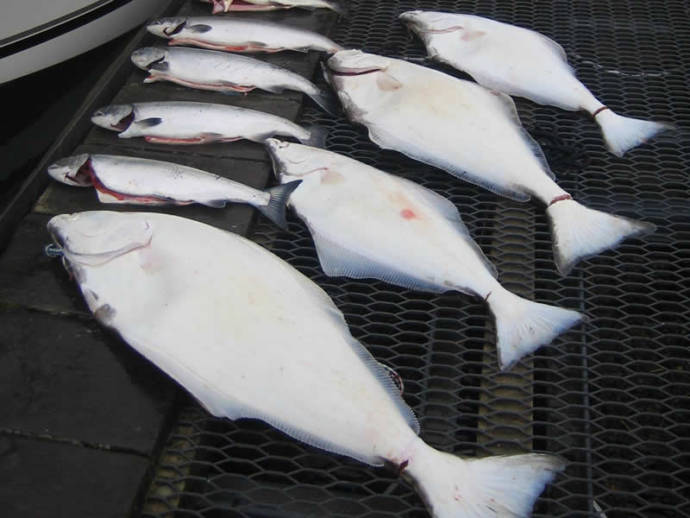
Halibut is a highly nourishing fish and work as a great source of nutrients for the body. However, during winter halibut is out of season and if it is available in the market, most probably it is a much older catch stored and preserved in the cold storage, which is sure to lack nutrients as well as taste.
So, it is best to avoid halibut during winter as it will not give you the same taste or the nutrition that you can get from it during summer.
White sugar

White sugar is a highly processed refined product used in soft drinks, wine, chocolates, cakes and pastries as a sweetener. They are also used in high amount in syrups and jams. White sugar can fill your hunger quickly without adding any nutrition to the body.
Moreover, it is also claimed to affect the blood cells of the body negatively. So, while you might feel like banking on more chocolates, sweetened products and syrups during winter, keep an eye on your total white sugar consumption.
White flour
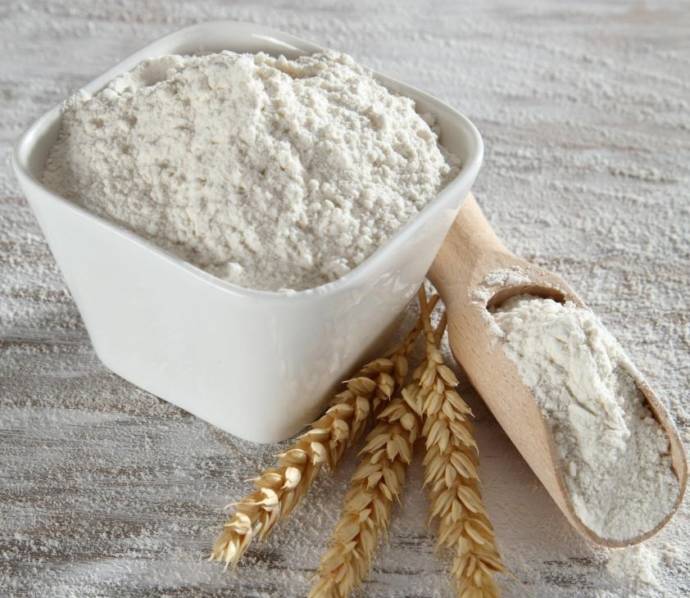
White flour is naturally unhealthy for the body. This flour is often used in preparing fried items but they are completely devoid of natural nutrients. White flour is also bleached to get the color and it can even cause problems of the intestine.
So, during winter, even if you crave for a bit of fried snacks, make sure to not to use white flour in them.
Cayenne pepper
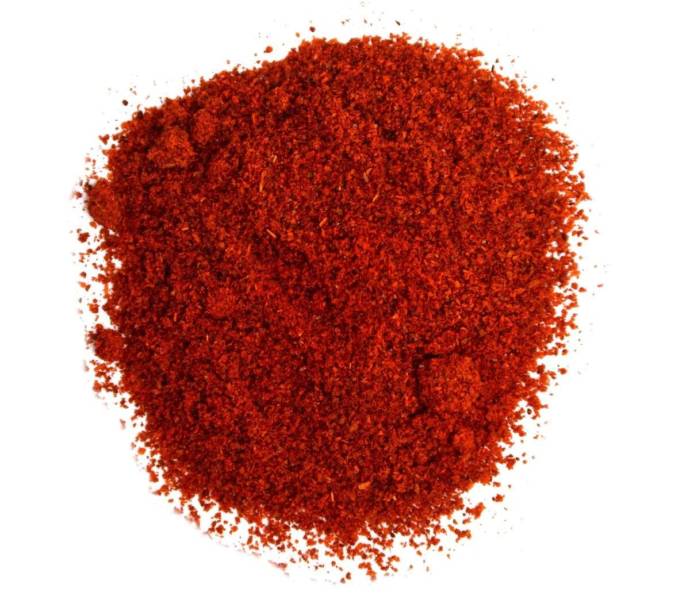
Adding more chili’s to your dishes can make them more spicy which might seem ideal during the winter. Cayenne pepper also makes your body warm from inside, which can be the reason for you to opt for more of it during winter.
However, cayenne pepper in high amount can be dangerous for your intestine. It can lead to stomach problems and can even cause extreme acidity or stomach ulcer when consumed in high amount over a prolonged period of time.
So, even if it seems tempting to add more cayenne pepper to your dishes during winter, check the amount you eat.
Coffee

Coffee is one of the go to drinks for every one particularly during winter. While drinking one or two cups of black coffee in a day might not be a bad option, taking more of it, particularly mixed with milk and sugar, is certainly not health friendly.
Normal full cream coffee comes with a high amount of calorie. In addition to that, coffee also dehydrates the body and increases the chance of acid formation in the stomach. So, keep your coffee intake to minimum during winter.
Alcohol

During winter, we naturally tend to drink less water and due to the dry weather the chance of being dehydrated is high.
Alcohol can be a good option to warm up your body during the chilly winter nights, but alcohol dehydrates the body extensively which can be most damaging during winter.
Moreover, alcohol increases your body temperature quickly, which adds to the chance of getting cold during winter.




